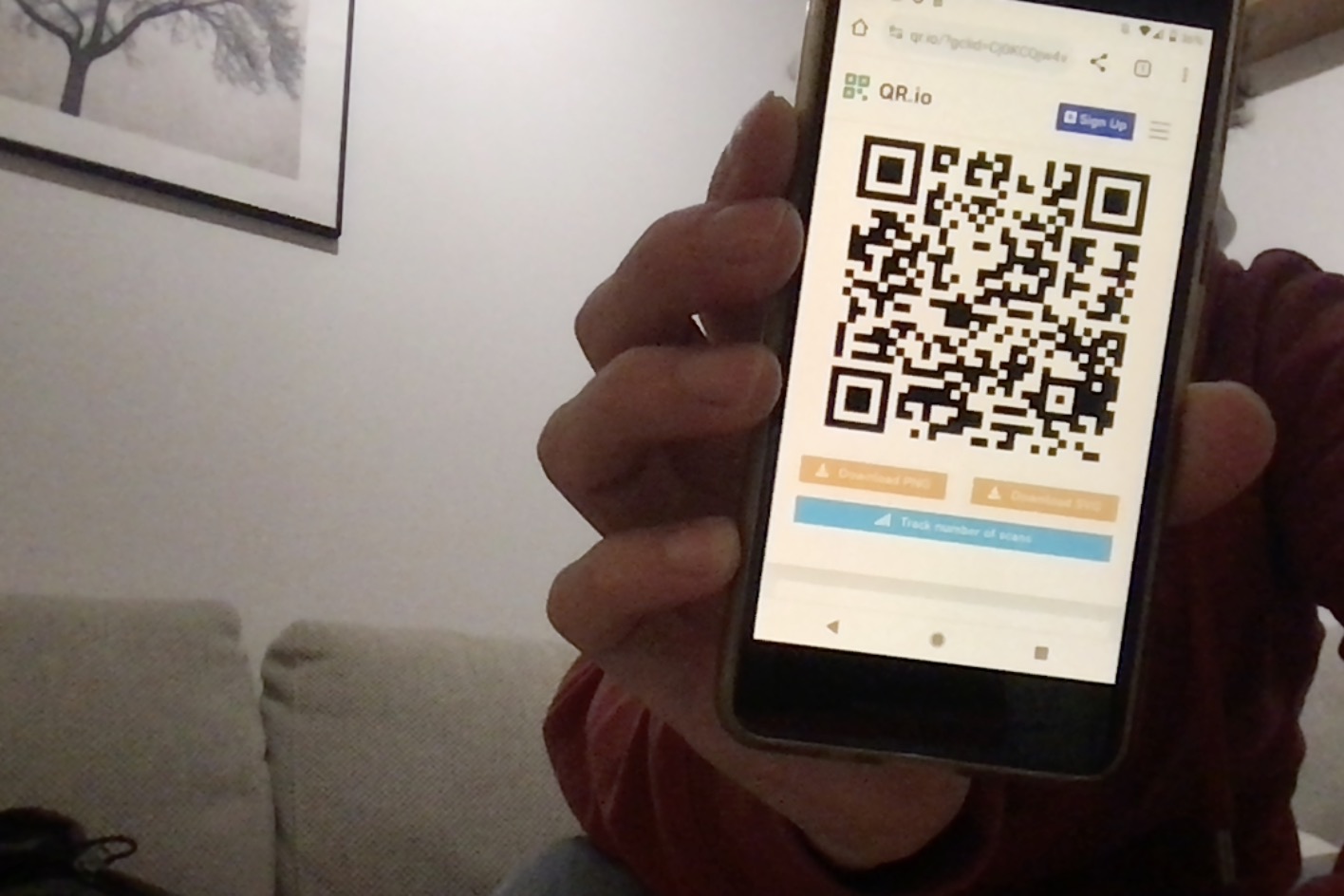Monday, October 30, 2023 From rOpenSci (https://ropensci.org/blog/2023/10/30/opencv-qr/). Except where otherwise noted, content on this site is licensed under the CC-BY license.
This post was featured in the R Weekly Highlights podcast hosted by Eric Nantz and Mike Thomas.
The latest version of the opencv R package can detect and decode QR codes!
# Install latest opencv
install.packages("opencv", repos = "https://ropensci.r-universe.dev")
There are two ways of using this: the ocv_qr_detect function tries to find the QR in an image file. It returns either a text string or NULL (if no QR code was found in the image):
img <- opencv::ocv_read('https://jeroen.github.io/images/qrtest.jpg')
opencv::ocv_qr_detect(img)
## https://www.r-project.org
Alternatively if your laptop has a camera, you can use R as a true QR code scanner! The qr_scanner function starts the camera device and filters the video stream through the above ocv_qr_detect until a QR code has been detected.
# This requires a camera
txt <- opencv::qr_scanner()
By default, both ocv_qr_detect and qr_scanner return the text value of the decoded QR code. But both functions also have an option draw = TRUE which will instead return an annotated image with the position and value of the QR drawn into the image, and qr text value as an attribute.
🔗 Generating QR codes in R
There exists another package on CRAN called qrcode (currently maintained by Thierry Onkelinx) which can generate most types of QR codes using R graphics, which is super cool.
We can combine the two packages to roundtrip text to QR codes in R:
## generate a qr code image
png("qr-test.png")
plot(qrcode::qr_code("This is a test!"))
dev.off()
# Verify that we can read it:
ocv_qr_detect(ocv_read('qr-test.png'))
## [1] "This is a test!"
So this provides a quick way to exchange small blobs of information between computers running R, without the need for any network connection.



